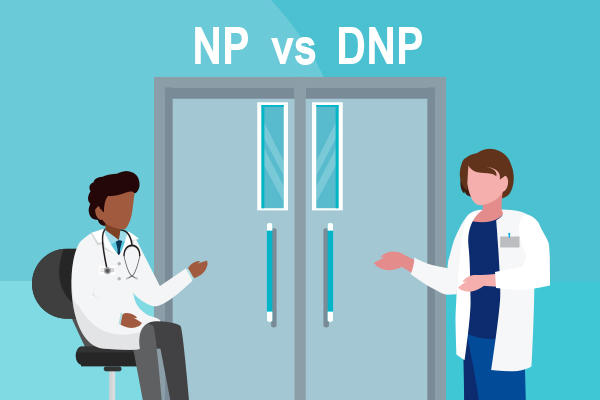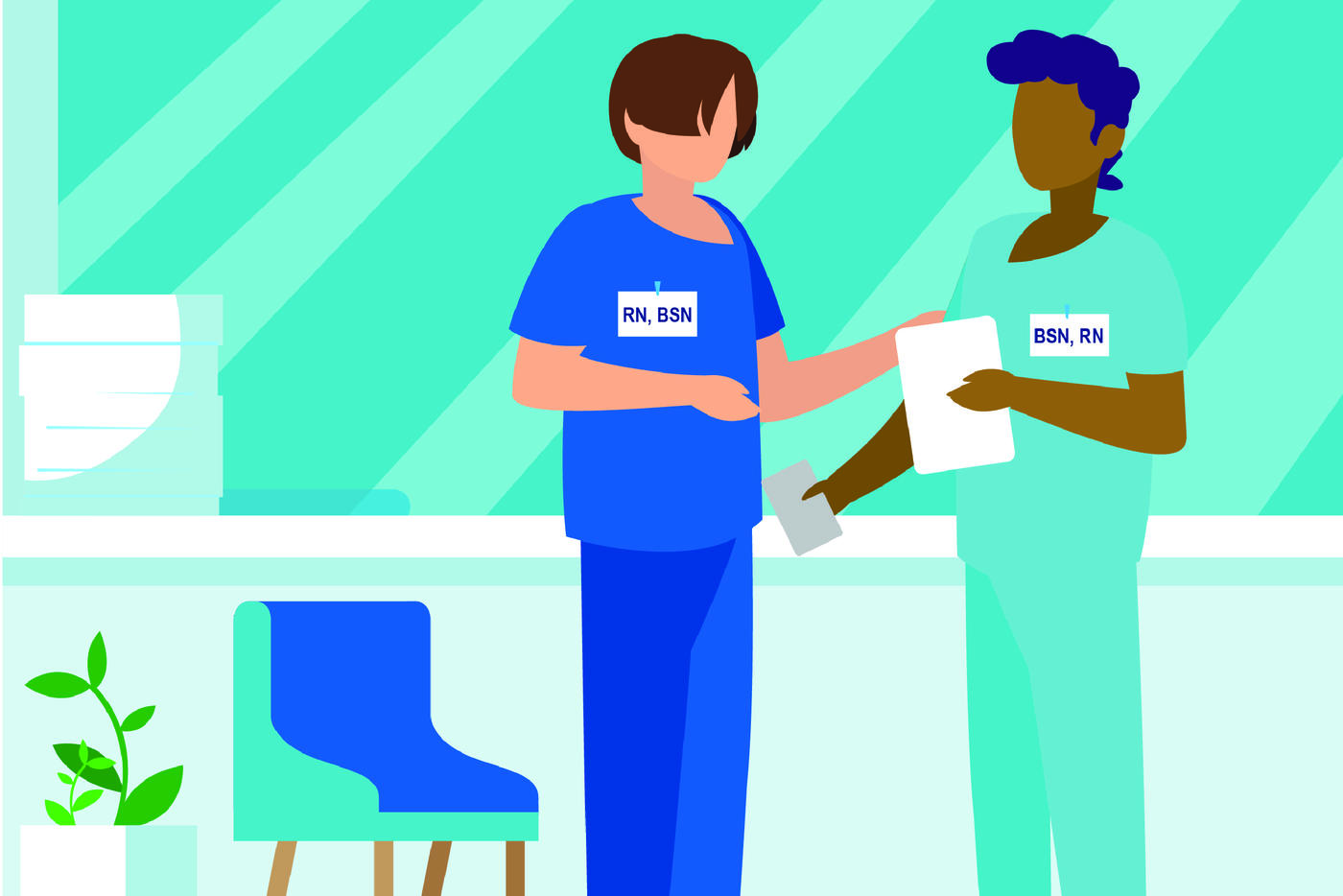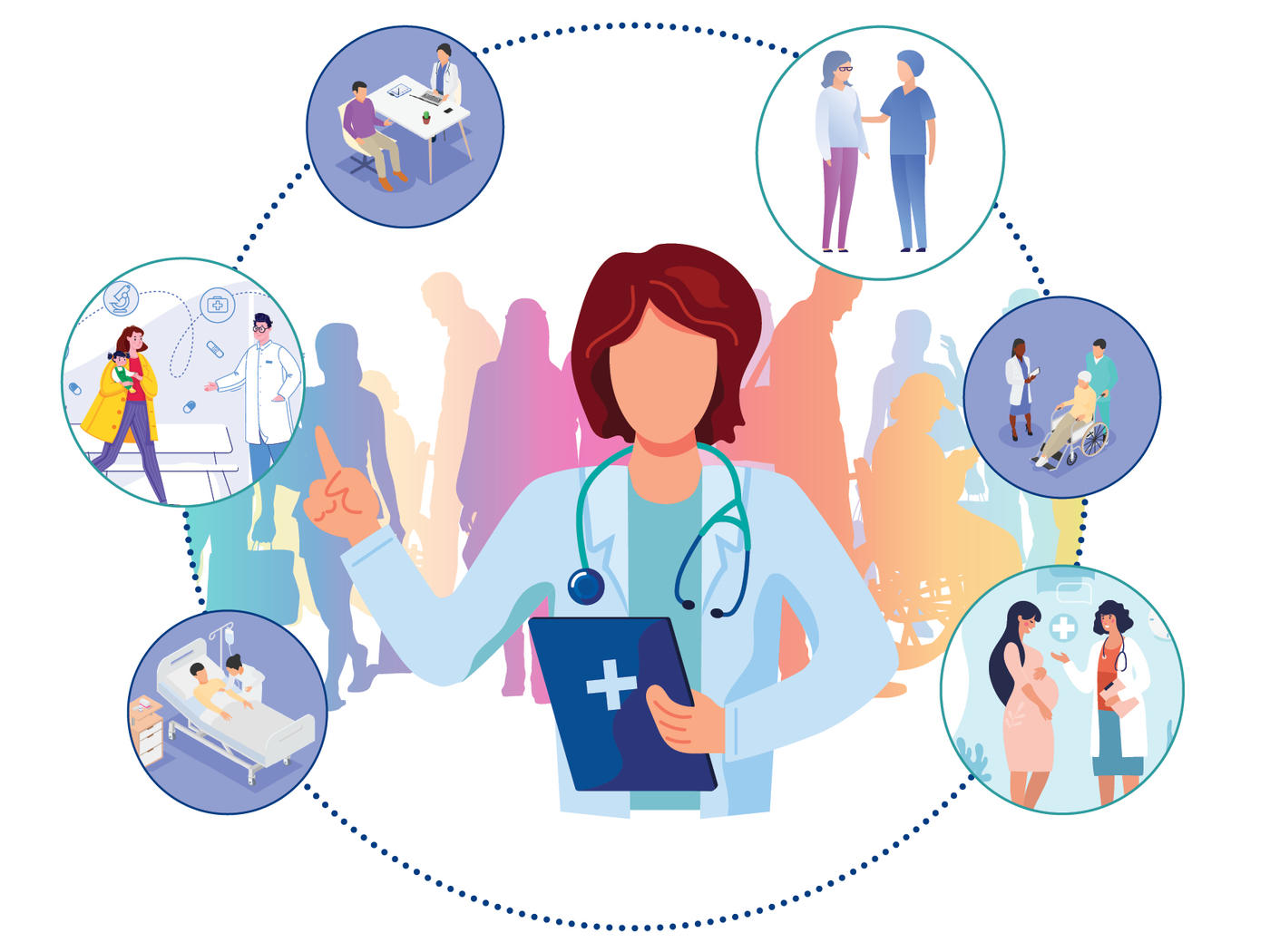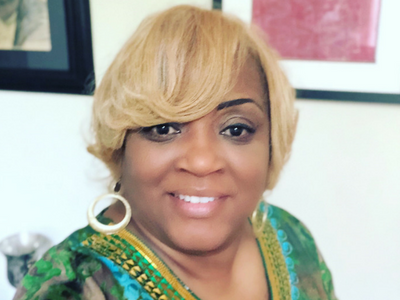Featured
Tags
Share
- Home / Blog / Nursing Today / Coping with Compassion Fatigue as a Healthcare Professional
Coping with Compassion Fatigue as a Healthcare Professional

"One day in a huddle, there was a CNA with her head down. She had been the only CNA that night on the entire unit and she was exhausted. In the huddle, the team was used to stopping and recognizing or thanking people for things they might've done during the shift. The charge nurse said, "Before we even start, I just want to say thank you to that CNA. Thank you so much. You were the only CNA and you were running all night long and I don't know what we would have done without you. You saved the team tonight." And she stood up and smiled. And I thought, how nice to go home and instead of feeling like a failure, she went home feeling like the hero of the team." - Mindy Spigel (RN, MSN, CPXP, CPN)
Most of us are familiar with the term “burnout”, which we associate with feelings of frustration, fatigue, and even depression than can come from working a stressful job for many years. Job burnout can be caused by jobs that are fast-paced, repetitive, feel meaningless, lack autonomy, and consist of long hours with few breaks.
You might think that those who work in the healthcare field are protected from burnout – at least a little – because their jobs are so essential and they consist of helping people get better. Nursing, after all, is one of the most highly respected careers.
What’s more, we often see images of nurses taking pride in watching their patients improve and go home from the hospital. This is indeed one of the most unique and rewarding aspects of nursing. However, there are aspects of the career that are often hidden from view. Imagine working with patients with advanced diseases or who are elderly and suffering from forms of dementia for which we have no cure. What is it like to work day in and day out with such patients? Other nurses work closely with children who are fighting serious illnesses. Not all of them survive. The long hours, suffering, and patient losses can take their toll.
The feelings of emotional and physical exhaustion these healthcare workers experience has been called “caregiver burnout”, “nurse burnout”, but, due primarily to the emotional component, are best referred to as “compassion fatigue”.
Coping with Compassion Fatigue as a Healthcare Professional
A key reason why healthcare workers experience compassion fatigue is that in addition to witnessing patients going through rough times (or losing patients), people who are drawn to work in the healthcare field are inclined to put others first and to not pay as much attention as they should to their own emotional states and needs.
Mindy Spigel (RN, MSN, CPXP, CPN) and Ret. Director Patient Experiences Services at Christus Health) explains that one of the first things she does after arriving at work is “check in” with the medical to see how they’re doing:
“Those of us in healthcare go into healthcare to take care of everybody else. And oftentimes we forget to take care of us,” she said. “I'm often rounding on leaders and I start off by asking how they're doing, because if they're not doing okay, we don't need to go any further. I then ask about their team and lastly, about the patient's experience, because they have to take care of themselves first and then their team. And then we can talk about a patient experience.”
Compassion Fatigue Symptoms
How can you tell when you or a co-worker is experiencing compassion fatigue? Dr. Shawn Little, President of the Atlanta Campus of Chamberlain University, recommends that nurses be more aware of what they are feeling:
“You really have to do self-reflection,” Little said. “How are you feeling about this situation? Are you feeling helpless? Are you feeling frustrated? Are you feeling anger? Are you numb? It may be that you're not feeling anything at all. And then one day you realize you just don't care. If you can get that understanding and have that self-awareness before you get to the 'I don't care' phase, it's a little easier to recover from.”

Other signs noticed by nurse Spigel and Dr. Little are things like noticing that co-workers call in late to work or don’t call at all and simply don’t show up. Another indicator is when nurses or doctors use expressions like, “The patient in room 22” or “The gall bladder in room 22”.
Expressions like these show that the connection between caregiver and patient is getting lost. Caregivers are beginning to disconnect from their patients. Keep connect to your co-workers and look for signs that someone is becoming unenthusiastic – on a continuous basis – during the shift.
How to Cope With Compassion Fatigue
A number of suggestions for dealing with compassion fatigue were suggested during a recent webinar with Dr. Little, nurse Spigel and Donte Watson, MBA and Talent Management Consultant at Christus Health:
- Ask: What am I doing to “refill my cup” - to take care of myself?
- Reconnect with your WHY. Why did you want to get into the healthcare field in the first place? Remind yourself of those things that energized your initial decision to enter the field.
- Keep a journal so you can look back and see how your feelings have changed over the months or years. Do you notice a change in your outlook? If you do, then maybe it is time to take care of yourself.
- Check in with your team members – how are they feeling? This is especially important after a patient dies or during a social unrest. Bring it up in your meetings and let workers express their sadness or fears.
Dr. Little shared an activity she asks all her nursing students to do at the beginning of their training: write themselves a letter. She explains:
“One of the things that we do with our brand new students who are super excited about nursing school is we have them write themselves a letter because we know in about a year, they're not going to be so excited about nursing school,” she said. “You're going to be burnt out. You're going to be tired, lack of sleep. So write yourself a reminder: "Why are you here?" In six months, eight months, or a year when they forget, they have that gentle reminder. We recommend posting it on your mirror so as you're getting ready and you have your uniform on, and you can see why you want to be a nurse.”
Don’t be afraid to ask for help. If you look inward and realize that you’re not the same energetic, caring person you used to be because of the constant stress of the job, think about someone who can help you remember why you wanted to work in healthcare in the first place. As Dante Watson reminded us:
“[It's important to have] self-reflection and understand when you're not going to be able to lift yourself up,” Watson said. “That's when you can connect with your mentor, connect with somebody else, maybe someone who trained you - your preceptor - and say, "Hey, I'm in this rut. I can't get myself out. You've given me such great advice in the past and really helped me." It's okay to look outside. Who is somebody that you trust, that you believe in, that can help get you back to where empathy is at the forefront?”
One final piece of advice to those who manage nurses and other healthcare workers is to remind them of the importance of their work. That’s why they entered this career in the first place: the work is so important. As Mindy Spigel concluded:

“Tell them every single day that their work makes a difference."
Nurses Must Commit to Self-Care First So They Can Care for Others
To Improve Your Care for Others, Care for Yourself First
The Balancing Act: 6 Tips for Achieving Work-Life Balance
Just Say OM: How Cultivating Mindfulness Can Enhance Your Nursing Practice
By Michael Britt
More from Nursing Today
Request More Information
To receive the Chamberlain University Program Guide, including associated career paths, please select a program of study.







